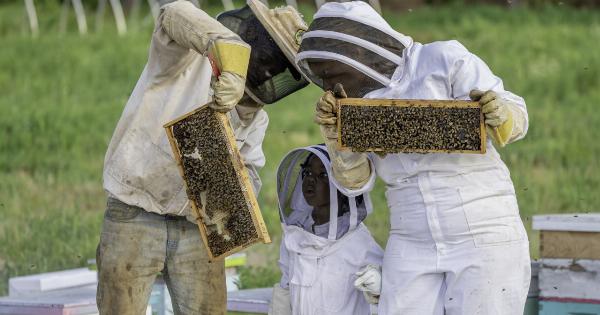DEPY, or the Department of Education and Youth Protection, is a Canadian government agency that aims to protect children from abuse and neglect.
However, many child advocates and parents argue that DEPY’s methods, particularly its emphasis on removing children from their homes, are not only harmful but also unnecessary in most cases.
The Problem with DEPY’s Approach
DEPY’s approach to child welfare has long been controversial. The agency has been accused of relying too heavily on foster care placements and removing children from their homes without sufficient evidence of abuse or neglect.
In some cases, children have been wrongly removed from their families and placed in potentially dangerous situations.
Further, the trauma of separation from their families and communities can have a lasting impact on children’s mental health and development.
Children in foster care often experience high levels of instability, and moving from one placement to another can disrupt their education and social relationships.
Alternatives to DEPY’s Approach
Child advocates and parents argue that alternatives to DEPY’s current approach, such as family preservation programs, would be more effective in protecting children from abuse and neglect while also keeping families together.
Family preservation programs provide families with the support and resources they need to address the issues that may be contributing to their struggles, such as poverty, substance abuse, or mental health problems.
Family preservation programs may involve a range of interventions, including counselling, parenting classes, substance abuse treatment, and financial assistance.
By providing families with the support they need to address these issues, family preservation programs can help prevent abuse and neglect from occurring in the first place.
The Importance of Evidence-Based Interventions
One of the main criticisms of DEPY’s approach is that it often lacks evidence-based practices. Instead of relying on proven interventions, the agency may act on assumptions or unfounded beliefs about what is best for children.
Evidence-based interventions are those that have been studied and shown to be effective through scientific research.
These interventions are based on rigorous evaluation and testing, and they are designed to produce significant improvements in children’s well-being.
By emphasizing evidence-based interventions, child welfare agencies can ensure that they are using the most effective methods for protecting children from abuse and neglect.
This approach also helps agencies make data-driven decisions and identify areas for improvement.
The Role of Parents in Child Welfare
Many parents feel that DEPY’s approach removes them from the equation entirely, with decisions about their children’s welfare being made by an outside agency.
Parents and advocates argue that parents should be involved in all aspects of their children’s welfare, including decisions about placement and services.
Parents who are involved in their children’s welfare are more likely to comply with court orders and complete services, leading to successful reunification.
Additionally, family involvement and participation are linked to better outcomes for children in foster care.
Parents may need support and guidance to be involved in their children’s welfare, but this involvement can be crucial in ensuring that children are protected and families are kept together.
The Need for Change
The current system of child welfare in Canada, and DEPY’s approach in particular, has been criticized for being overly punitive and lacking in evidence-based interventions.
Many child advocates and parents believe that fundamental changes are needed to ensure that children are protected from abuse and neglect while also keeping families together.
Moving away from a system of foster care placement and towards a family preservation approach is one potential solution.
Investing in evidence-based interventions and involving parents in decision-making are other steps that can be taken to improve the child welfare system in Canada.
Conclusion
DEPY’s approach to child welfare has long been controversial, with many child advocates and parents arguing that it is harmful and unnecessary.
Alternatives to DEPY’s current approach, such as family preservation programs, would be more effective in protecting children from abuse and neglect while also keeping families together. By emphasizing evidence-based interventions and involving parents in decision-making, child welfare agencies can ensure that they are using the most effective methods for protecting children and families.






























